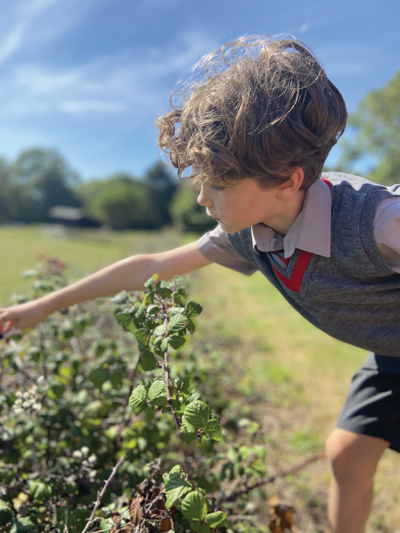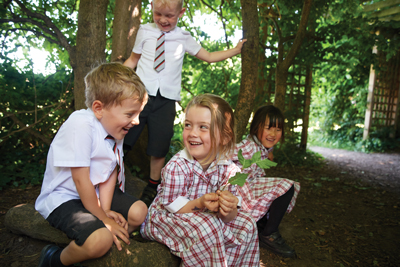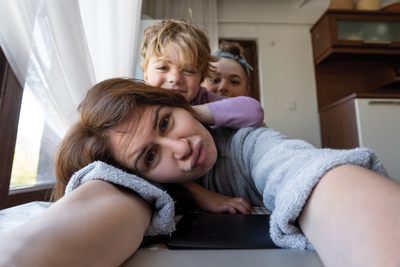
by Sally-Ann Makin
Potter’s Houses Nursery Settings and
Makin Connections – Family Consultancy
Depleted mother syndrome is a state of emotional and physical exhaustion experienced by mothers when the demands of motherhood exceed their ability to cope.
I had a very different idea in my head for this issue’s article, but last night I found myself feeling more than the hormonal emotions I usually feel once a month. The noise the children were making was really grating on me to the point where I desperately needed to get away from them – the screaming and shouting from a teenager playing interactive games and the loud wailing from my 11 year old playing on their computer (before you judge we had been out at football all morning and for a long dog walk in the afternoon), I’d heard “Mummy” 50,000 times mostly with absolutely nothing of any substance to follow. The house which had already been cleaned and tidied was a mess again, I was ‘touched out’ from my nine year old leaning on me for hours, my 12 year old constantly tapping me and my toddler needing to be picked up regularly. It was a Sunday evening and we all know the pressure of Sunday evening with the week ahead and the endless list of things to do looming.
As a side note, I was feeling overwhelmed after spending some time organising my fathers memorial and the sheer weight and realisation of what it was I was doing, and why, had completely floored me. I was tired from a rare evening out the night before and I was stressed because my work/life balance is balancing about as well as a rabbit and an elephant on a seesaw. Life is busy and chaotic and while I have made active decisions that create chaos, it can still be overwhelming with so very many plates to spin.
I was beginning to wonder what was making me feel so down and listless when I can usually cope fairly well and I tried to pinpoint why parenting suddenly felt so hard, when nothing major had happened. I had a really strong sense that I was just really rubbish at being a mum. I was certain other mums didn’t desperately want to escape from their children so much, other mums didn’t get irritable and short tempered with their children and other mums didn’t decide it was totally fine to not give the toddler a bath purely because he was going to scream and they didn’t have the energy for the battle. Washing needed folding and putting away, an online food shop needed doing and meals and packed lunches organised for the week.
It turns out mums can burn out too – we feel like we cannot and will not break because we are so heavily relied on by the rest of our family to function. Depleted mother syndrome can be felt by any mum at any time due to the high needs and emotional intensity of caring for a family with very little structured societal support for parents. We are over-extending ourselves and never really filling our cups back up because we either feel guilty and selfish or because we have no support network to lean on and often feel that we are the default parent.
Did you know that post partum fatigue can last for years? Your body is still recuperating even after all the midwife and health visitor support has subsided and your sleep is likely fragmented from waking with small children or just having an unreliable sleep schedule. And you might well be emotionally worn out. But just because millions of women do it every day and what you see on social media is that they’re all doing it and looking amazing, it doesn’t mean that what you’re feeling isn’t valid. You don’t need an event to validate feeling overstimulated, overwhelmed, exhausted, drained or listless – it’s normal and we’ve all been there!
Having a label on this feeling (depleted mother syndrome) has really helped me to be able to accept that what I am feeling is normal. It also helps me feel like less of a failure and that it’s OK to say that sometimes life just feels hard.
Take some time, ask for the help from people around you if you can – they don’t offer if they don’t mean it. Make a decision to not cook one night or skip bath time, remove the pressure of making sure the reading record is completed the recommended five times per week, choose to give the school raffle a swerve because trying to remember to get a prize on the way to school feels like one job too many. Sometimes you have to remove the expectation that you need to be perfect, have all your balls in the air and all your ducks in a row and realise you’re doing the absolute best you can – it might not be acknowledged by your family but it is noticed and it is valued. And you’re a queen!
Sally-Ann runs Makin Connections, Garden of Eden Preschool, Potters House Preschool and Blossom and Bloom Day Nursery. For more information please contact her at sallyann@makinconnections.co.uk or call 07939 620934

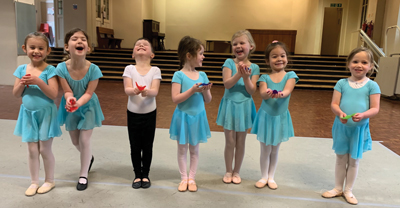
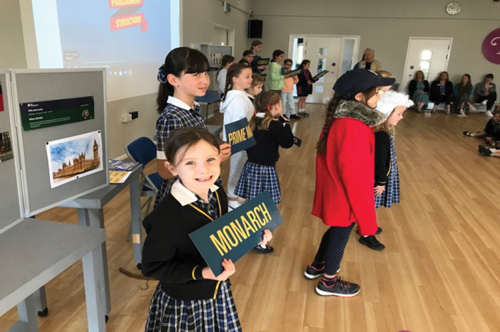
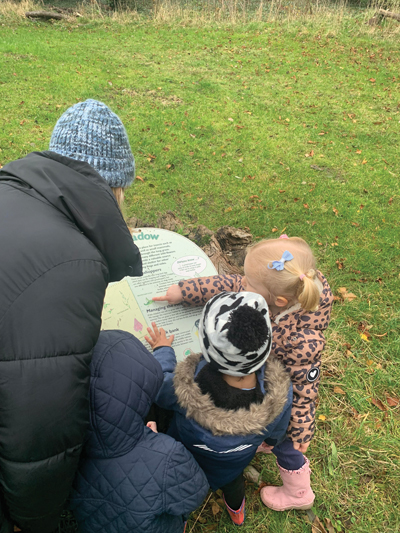
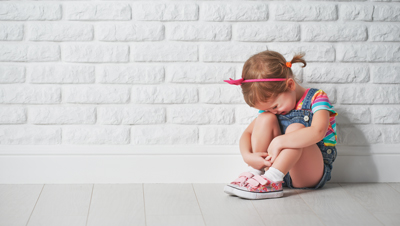

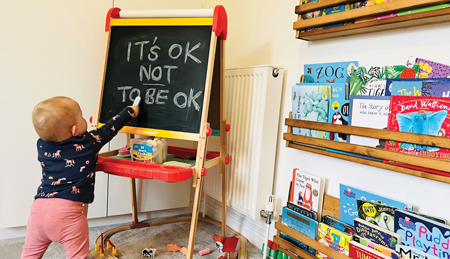
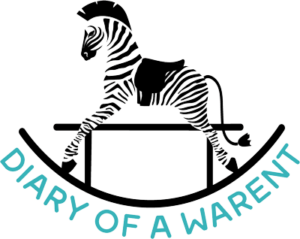 Mining for diamonds
Mining for diamonds